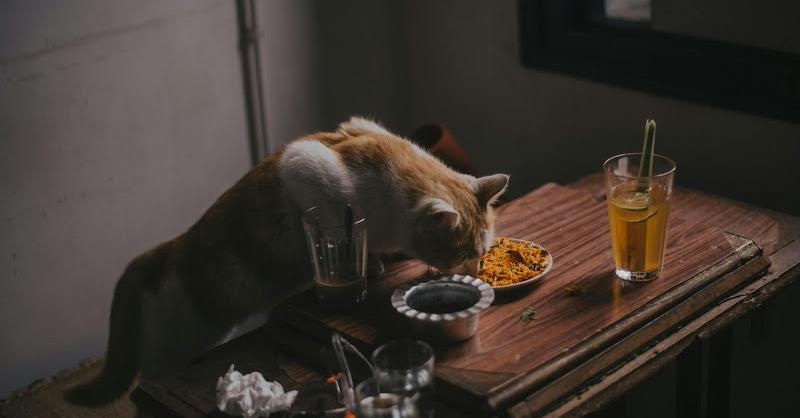When it comes to feeding our pets, the line between safe indulgence and potential danger can be thinner than we think. As pet parents, we love sharing our lives with our furry companions, which often includes sharing our meals. However, not all human foods are safe for pets. Understanding what foods can be harmful and why can help us make better choices, ensuring our pets live long, healthy, and happy lives.
Safe Foods for Pets
Let’s start on a positive note. Many human foods are safe for pets and can offer them a variety of health benefits. However, moderation is key, and these should only complement a well-balanced pet diet.
- Carrots: Crunchy and nutritious, carrots are low in calories and high in fiber and vitamins.
- Apples (without seeds): An excellent source of vitamins A and C, and fiber, helping with digestion.
- Lean meats: Cooked chicken, turkey, and lean beef are great sources of protein. Ensure they are plain and without any sauces or seasoning.
- Pumpkin: Plain, cooked pumpkin is great for a pet’s digestion (especially for small dogs that are prone to gastroesophageal reflux), providing a healthy dose of fiber, vitamin A, and iron.
- Peanut butter: A favorite treat for many dogs, it’s a good source of protein and healthy fats. Make sure it’s xylitol-free and unsalted.
Unsafe Foods for Pets
Conversely, several everyday foods can pose significant risks to pets, ranging from mild digestive upset to severe toxicity or even death.
- Chocolate: Contains theobromine and caffeine, which can be toxic to pets, causing vomiting, diarrhea, and potentially death.
- Xylitol: A sugar substitute found in many sugar-free products, xylitol can cause insulin release in many animals, leading to liver failure.
- Grapes and raisins: Even in small amounts, grapes and raisins can cause kidney failure in dogs.
- Onions and garlic: These can cause gastrointestinal irritation and could lead to red blood cell damage and anemia in pets.
- Avocado: Contains persin, which can cause vomiting and diarrhea in dogs. The pit also poses a serious choking hazard.
Why Certain Foods Are Harmful
The metabolism of pets differs significantly from humans. For instance, the toxic effects of chocolate come from theobromine, which dogs and cats metabolize much more slowly than humans. Even small amounts can accumulate to toxic levels in their bodies.
Similarly, xylitol, while a safe sugar substitute for humans, can trigger a rapid insulin release in animals, leading to hypoglycemia (a dangerous drop in blood sugar levels), seizures, liver failure, or even death.
Understanding these differences is crucial in preventing accidental poisonings and ensuring our pets stay healthy.
A Note on Portion Control and Allergies
Even with foods deemed safe, portion control is essential. Overindulgence in even the healthiest snacks can lead to obesity or nutritional imbalances. Additionally, like humans, pets can have allergies or sensitivities to certain foods, which might necessitate a tailored diet. Consulting with a veterinarian can help identify these unique needs.
A Shared Meal, A Shared Responsibility
Sharing food with our pets is one of the many joys of pet ownership. It’s a way to bond and show love. However, it comes with the responsibility of knowing what’s safe and what’s not. While the list above is not exhaustive, it provides a foundation for understanding how to keep our pets safe and healthy.
Ultimately, the best diet for your pet is one that has been recommended by a veterinarian, tailored to their specific health needs, age, and lifestyle. Remember, when in doubt, opt-out. It’s better to be cautious and consult with a professional before introducing new foods to your pet’s diet.
By educating ourselves and making informed choices, we can enjoy the special moments of sharing with our pets without compromising their well-being. Let’s keep our furry family members safe, one snack at a time.

